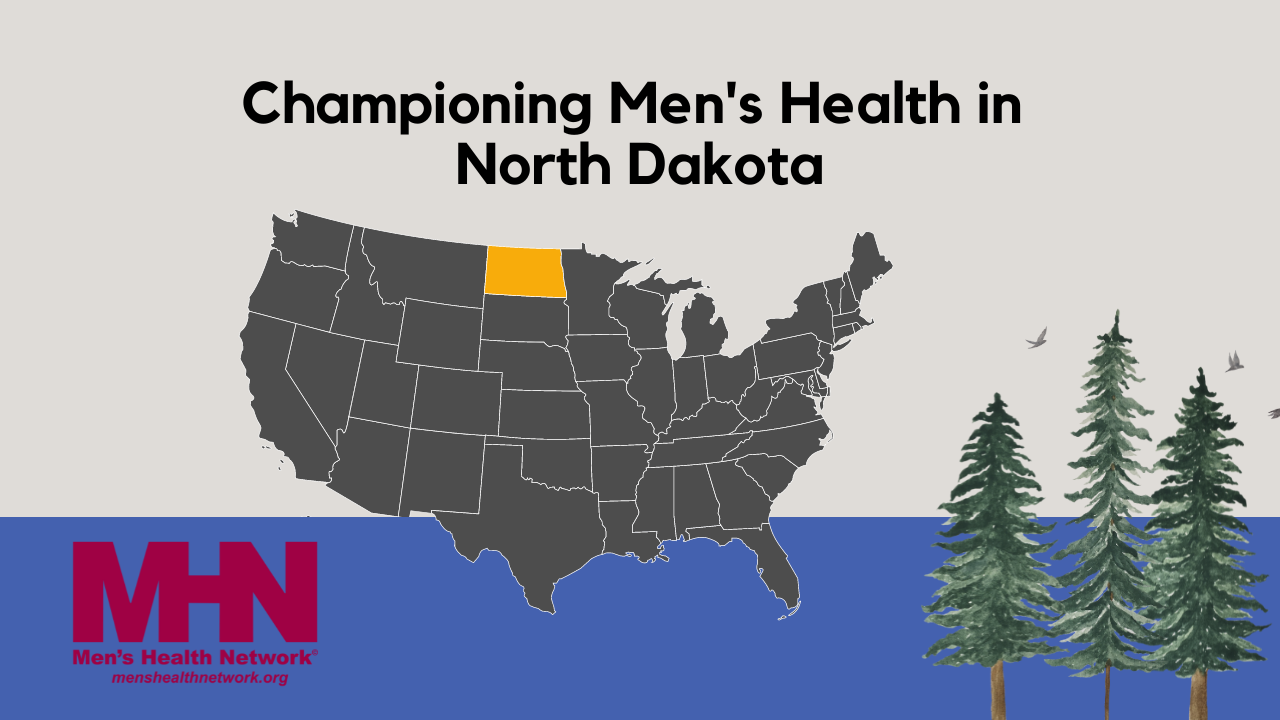As a recent survivor of an Artery Vein Malfunction, brain injuries are a topic I hold extremely dear to me. In September of 2013, a collection of tangled blood vessels in my brain tore, physically affecting the right side of my body. The bleed was significant; as there was about as much blood spilled in my skull as about the average size of an adult’s fist. As a result, the right side of my body was and still is weaker in strength and response time but as I continue my therapy sessions, I continue to improve. I spent two months in the National Rehabilitation Hospital doing intense physical, occupational and speech therapy. To this day I continue with physical therapy but I no longer need occupational and speech therapy.
 It is a complicated issue to tackle, since it is not genetic or a preventable situation. It just happens. However, the key place that needs work on this subject would be dealing in the mental stress that comes with the recovery period. It has been a lengthy and sluggish recovery, but I’ve managed to stay positive due to my support team that I have been blessed with. My friends and family were extremely supportive and continue to be to this day. Nevertheless, not everyone is as blessed as I am to have such a great support team, as I witnessed plenty of individuals needing emotional support in the hospitals. Although most had the weekly emotional therapist that was provided by the hospital, that was not nearly enough. Some of these individuals needed extensive therapy and had little to no support from family and friends. In my opinion, this country does not focus enough on the psychological effects that lead to depression until it is too late. There should be more efforts in protecting the mental state of the patients and their family, as it is usually a very difficult time for them as well.
It is a complicated issue to tackle, since it is not genetic or a preventable situation. It just happens. However, the key place that needs work on this subject would be dealing in the mental stress that comes with the recovery period. It has been a lengthy and sluggish recovery, but I’ve managed to stay positive due to my support team that I have been blessed with. My friends and family were extremely supportive and continue to be to this day. Nevertheless, not everyone is as blessed as I am to have such a great support team, as I witnessed plenty of individuals needing emotional support in the hospitals. Although most had the weekly emotional therapist that was provided by the hospital, that was not nearly enough. Some of these individuals needed extensive therapy and had little to no support from family and friends. In my opinion, this country does not focus enough on the psychological effects that lead to depression until it is too late. There should be more efforts in protecting the mental state of the patients and their family, as it is usually a very difficult time for them as well.
Family and friends are critical in dealing with a recovery from a traumatic injury. According to a therapist I was appointed to in the hospital during my stay, a lot of individuals need extensive therapy just to keep from becoming depressed. I was and continue to be very grateful of the support team I was lucky enough to include on my journey, as that was one of the main reasons I was able to keep my sanity in such a discouraging period in my life. Personally, I learned time and again, you can only control your response to life’s ordeals so if you can, relax because things tend to work out in the end anyways.



I’m really happy for you taking such a positive and forward looking viewpoint on this issue. It’s wonderful to hear how you grateful you feel for your support team. Definitely important to acknowledge that a lot of people don’t have people in their corner they can talk to. The health care system needs to take more preventative measures to address mental health.
Has anyone else dealt with a really difficult situation in which you found support from friends and/or family to be a huge asset?
[…] post by Sam Drexler – from Talking About Men’s Health – Part of an ongoing collaboration between the ManKind Project USA and the Men’s […]